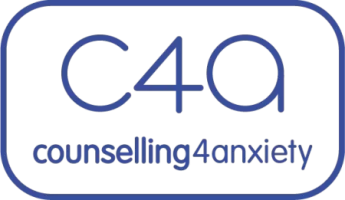People with social anxiety can really benefit from counselling and therapy with the right therapist; someone that they can feel connected to and who empathises, supports, informs and accepts.
Social anxiety affects people in a wide variety of ways. Firstly, it affects the confidence of the individual involved, and its affects their belief that they can engage with people on an ongoing basis, whether that be on a personal or group level. It also affects 'connectedness' something that we know which maintains anxiety and which impacts on self-esteem. Social anxiety can also strengthen and maintain a core belief of feeling and 'being weak', of being 'unable to cope' and in supporting associated thoughts that the 'world is not safe' and is threatening. In other words, there are many maintaining factors for such fears and these include safety behaviours such as avoidance of going to small, medium or large social events, sitting near the exits in theatres and cinemas so that people feel that they can exit the room quickly if they need to and in meeting people only on a one to one basis. Sometimes this can mean repeatedly meeting only 'safe' people - people who they deem make them feel safe and assist them if they have a panic attack or any other perceived future catastrophic event.
We know from a variety of research reports and pieces of social research evidence that such safety behaviours maintain and keep social anxiety going. They also maintain the strength of fearful thoughts around social engagement, and they re-enforce the depth of feelings associated with the thoughts. It is therefore essential that counsellors and therapists work on getting clients to understand their safety behaviours, the core beliefs that they have carried with them and never really challenged and the associated thoughts that have developed like a web from the core beliefs. In doing this work, it allows clients to see what is at the root of their thinking and how fearful thoughts connect with each other and the types of safety behaviour that they are undertaking which are maintaining the social anxiety.
There are two other core pieces of work that counsellors must undertake and these include gentle exposure work with the individual. This is work that slowly and surely builds their trust in their capability, resilience and ability to cope with stressful and anxiety causing conditions. The other piece of work includes psycho-educational work around how and why the anxiety may have developed during early childhood and what trauma and experiential impacts exacerbated anxiety reactions. This is also essential in giving the client an understanding of the history of the issue that roots and centres them in gaining control over the issue through a personal reflection of why the social anxiety may have developed.

